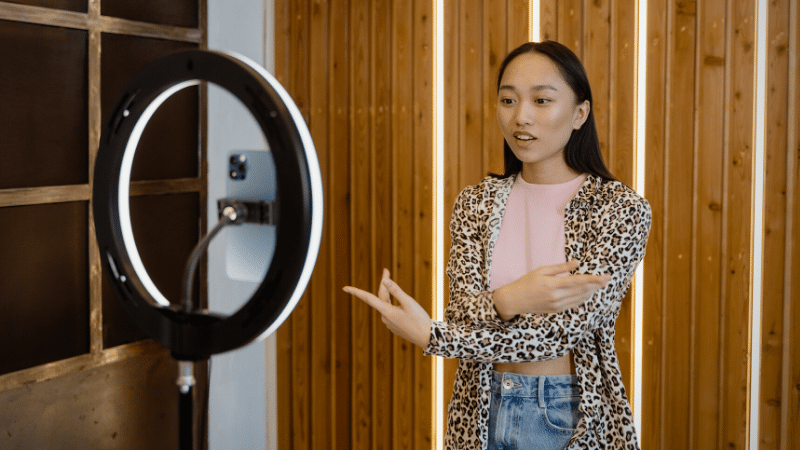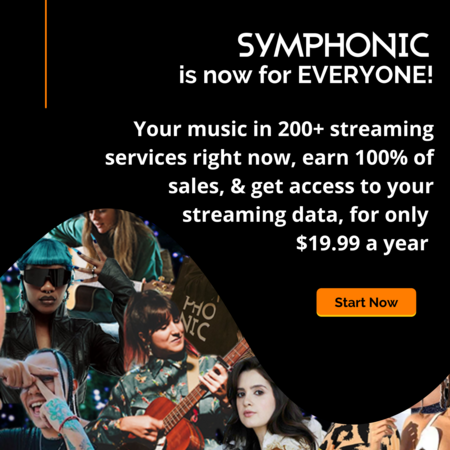
How to Know if Signing a Recording Contract Is Right For You
This information is brought to you by Debbie Egel, an attorney whose practice includes writing and reviewing music contracts, running an independent label for over 10 years; and developing indie artists. She is knowledgeable of the economics of music, the DIY process, and has written an instruction manual for Indie artists, labels and managers called “For The Record” and teaches an on-line course. Debbie has a deep appreciation of the business of music as well as her legal knowledge as a practicing attorney. We are sharing it with you here to give you a sense of some of the decisions and complexities involved in these questions. Streaming Promotions does not provide legal or tax advice. You should consult with your personal legal and tax professionals regarding your specific situation before making any decisions.
When it comes to major record deals, there are a lot of things to consider. That’s why it’s important to always get a second, or even third, set of eyes on anything that requires a signature and involves your finances. Here’s what to look for before you dive in…
How to Know if Signing a Recording Contract Is Right For You
You LOVE music, and you have been working hard, creating and recording music. You’re also keeping up a social media presence, getting gigs, taking photos and posting, getting your look right, releasing and marketing music and the list goes on and on. Now you figure it must be working because someone has reached out and is speaking to you about signing a record deal.
While many artists view a record deal as the solution to their problems, look before you leap.
Record labels can be great opportunities to get your music in front of an audience and help you build fans. Labels can provide support in terms of production, marketing, legal knowledge and access to experienced industry vets. It takes a village and no one can do this alone. However, you should be careful, thoughtful, and selective before you sign on the dotted line.
The contract will be defined as binding you for a period of years or a number of singles or albums that have to be delivered to fulfill the agreement. The contract is like signing a marriage license. It is basically a relationship, and it is important to date before you get married. So how do you know if a record deal is the right move for you? First and foremost…
Do Your Homework
Artists should be paying attention to these items:
- What is the label’s track record with your genre?
- Do they have a website?
- Do they have artists that have been signed fared well?
- Is there already an act signed that sounds similar to you?
- What can this label do for you that you can’t currently do on your own?
- Have they listened to your music? What do they have to say about it?
- Have you spoken to them and what is their plan for you moving forward?
- What type of assets can they provide such as production, marketing, finances etc.?
- How long does the contract bind you?
- Has the company asked you about split sheets, production agreements for your current music.
- Philosophically, do both parties to the agreement have the same vision for the music?
If the relationship is a failure, it can often mean the ruin of an artistic career. So be careful!
What do labels look for?
Truth be told, artists working independently can only get so far before needing a bigger team. Labels can be that team, helping you increase your reach and overall success. However, this costs money.
Like any successful business, if you need a large injection of money in order to get to the next level, you must be able to recover that investment. With record sales declining and streaming income at an all time low, record companies need better ways to secure their investment. For example, like a 360° contract, which is used to potentially make a profit from their investment.
How have you built your fanbase? Are they buying your projects? Look at it like this: if you’ve been pumping out nothing but free albums, do you really anticipate them buying your major label debut if you haven’t put any value on your music beforehand?
What else do they consider?
Labels also typically consider physical attendance at your shows and whether you can sell units or derive money from streaming. They also look at your other income streams, like merch and touring.
Remember, both sides have to benefit or else the relationship is not going to be successful.
What you should know at the table…
Contract terms depend on the bargaining power of the artist. A new artist with no real history of earnings will not get the same terms as an artist with a proven record of strong earnings.
These terms can include:
- Royalty rates
- The number of songs to be delivered
- What costs the record company will pay for
- The amount of money the record company will spend on social media campaigns
- What type of music production support they can provide
- Whether the record company will also participate in the money earned from music publishing, merchandising and live performances.
If you have confidently answered these questions and are willing to give up a percentage of your earnings, it’s time to contact an attorney to review the deal.
From a legal standpoint, a contract that is well written and contains clear and unambiguous deal terms is off to a good start. Just make sure to use an entertainment attorney that understands these terms and can fight for you during contract negotiations.
IMPORTANT NOTE: Think twice about using an attorney the label directs you to!
In Conclusion…
It is important to point out again that team work makes the dream work. The progression in an artist’s professional career is to attract a label that provides all the necessary elements to get you to the next level. Having said all this, focus on making the best music you can and building your fan base. It all begins and ends with GREAT music. If you’re making waves, labels will come to you, and that’s a much better position to be in anyway.



